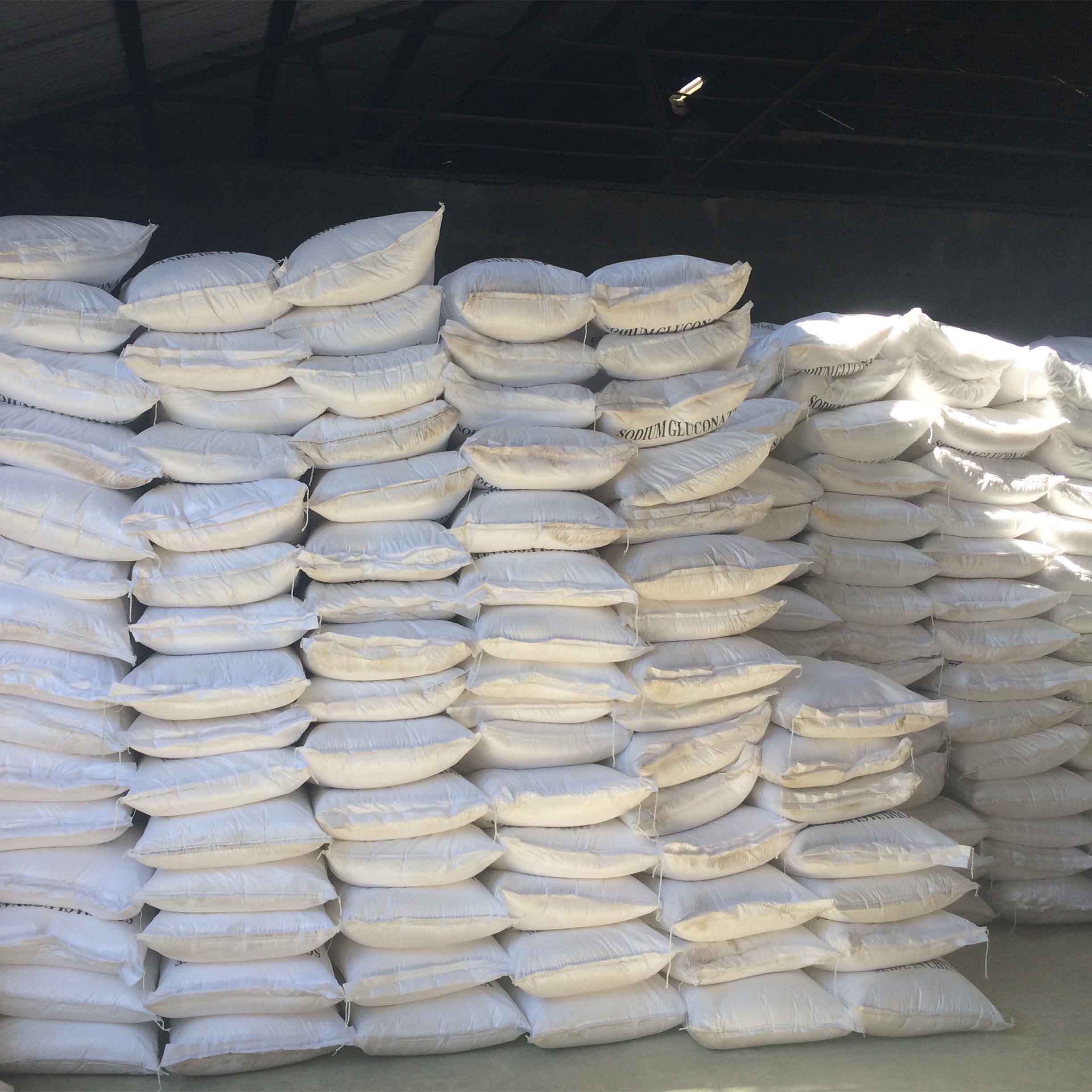
Дек . 23, 2024 14:29 Back to list
High Tower NPK Fertilizer Production Techniques for Enhanced Crop Yield
High Tower Granulation in NPK Fertilizer Production
The agricultural sector has witnessed significant advancements in recent decades, especially in the production of fertilizers. One such development is high tower granulation, particularly significant in producing NPK (Nitrogen, Phosphorus, and Potassium) fertilizers. This method has transformed the way fertilizers are produced, marketed, and utilized, catering to the demands of modern agriculture.
Understanding NPK Fertilizers
NPK fertilizers are a combination of three essential nutrients nitrogen (N), phosphorus (P), and potassium (K). These nutrients are vital for plant growth and play a key role in various physiological processes. Nitrogen promotes leaf growth and protein synthesis, phosphorus aids in root development and flowering, while potassium helps with water regulation and disease resistance. The balanced application of these nutrients is crucial for optimizing crop yields and ensuring soil health.
The Importance of Granulation
Granulation is the process of forming granules from powdered materials. In the context of NPK fertilizers, granulation enhances the physical properties of the fertilizers, making them easier to handle, transport, and apply. Granulated fertilizers are less prone to dust formation, provide a more uniform application, and reduce the risk of nutrient leaching from the soil.
High tower granulation, in particular, is a method that involves the use of tall granulation towers where hot, melted nutrients are sprayed onto solid particles. This process leads to the formation of spherical granules through the agglomeration of smaller particles. The high towers facilitate even heat distribution, which is critical in achieving the desired granule size and quality.
The High Tower Granulation Process
The high tower granulation process begins with the preparation of raw materials. Various sources of nutrients, such as ammonia, phosphoric acid, and potassium chloride, are combined in a controlled environment. The mixture is then heated and melted, after which it is pumped to the top of the granulation tower.
Inside the tower, the molten mixture is sprayed onto the solid particles, which act as nuclei for granule formation. As the nutrients cool and solidify, they accumulate around the nuclei, gradually forming larger granules. The continuous airflow within the tower promotes the drying of the granules, ensuring that they achieve the desired moisture content.
high tower granulation npk fertilizer

The efficiency of high tower granulation lies in its ability to produce granules of uniform size and density, which is critical for effective application in agricultural practices
. Once cooled and formed, the granules undergo screening to separate those that meet quality standards from those that do not.Advantages of High Tower Granulation
1. Uniformity and Quality One of the most significant benefits of high tower granulation is the production of uniform granules. This uniformity ensures more consistent nutrient delivery to crops.
2. Higher Nutrient Concentration Since the process allows for precise control over the ratios of N, P, and K, fertilizers produced through this method often have higher nutrient concentrations, enhancing their effectiveness.
3. Reduced Environmental Impact High tower granulation minimizes dust and waste products, contributing to a cleaner production environment. Additionally, the high density of the granules reduces nutrient leaching, which can otherwise pollute water sources.
4. Improved Handling and Storage Granulated NPK fertilizers are easier to handle and store compared to powdered forms, which can be prone to clumping and degradation.
5. Versatility The high tower granulation process can accommodate various formulations of NPK fertilizers, allowing manufacturers to tailor products to meet specific crop needs.
Conclusion
High tower granulation is a technological advancement that has significantly improved NPK fertilizer production. By enhancing the quality and efficiency of fertilizers, this method not only increases agricultural productivity but also promotes sustainable farming practices. As agriculture continues to evolve to meet the challenges of food security and environmental sustainability, innovations like high tower granulation will play a critical role in shaping the future of fertilizer use and crop management. With the ongoing research and development in this field, we can expect further enhancements in the efficiency and effectiveness of NPK fertilizers in the years to come.
-
Premium Organic Manure Compost for Eco Gardens
NewsAug.01,2025
-
Organic 10-10-10 Fertilizer | Balanced Plant Nutrients
NewsJul.31,2025
-
Premium Amino Acid Fertilizer | Rapid Plant Growth Booster
NewsJul.31,2025
-
10 10 10 Fertilizer Organic—Balanced NPK for All Plants
NewsJul.30,2025
-
Premium 10 10 10 Fertilizer Organic for Balanced Plant Growth
NewsJul.29,2025
-
Premium 10 10 10 Fertilizer Organic for Balanced Plant Growth
NewsJul.29,2025
